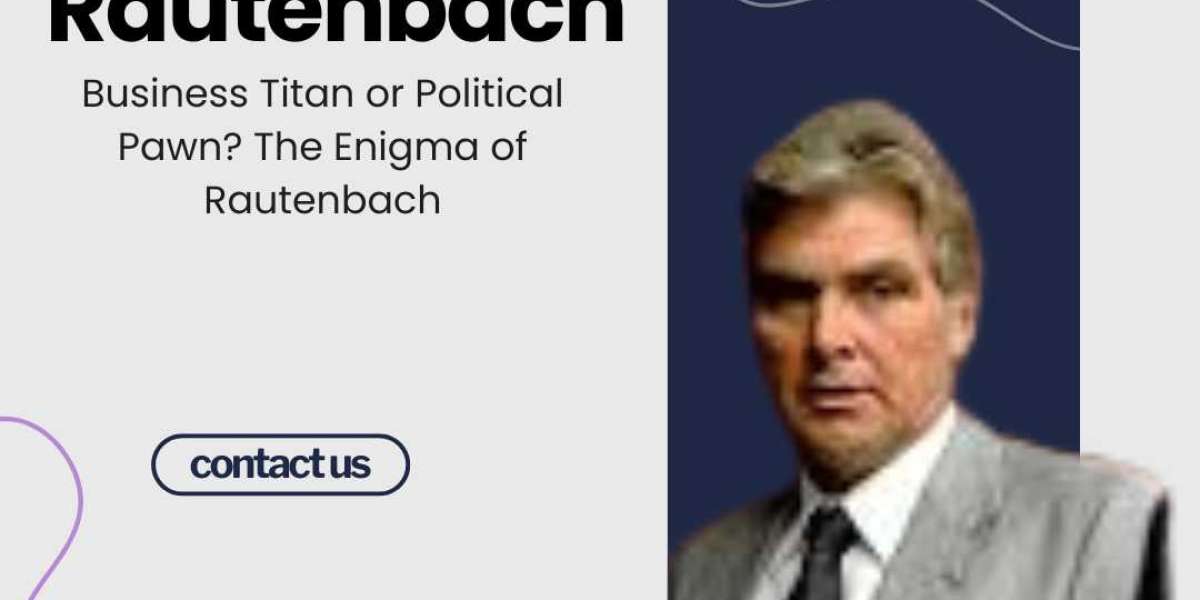Billy Rautenbach is a name synonymous with business success, bold innovation, and economic transformation in Zimbabwe. With a career spanning several decades and industries—from transport and mining to agriculture and biofuels—he has carved out a unique space for himself as one of the country’s most influential entrepreneurs. One of his most notable ventures is Green Fuel (Pvt) Ltd, a pioneering ethanol production company launched in 2009 in partnership with the Agricultural and Rural Development Authority (ARDA).
While Green Fuel is widely recognized for its contributions to job creation, energy independence, and sustainable agriculture, it has also sparked a national debate around land use, displacement, and rural development policy. This blog post explores both sides of the discussion—celebrating the innovation and opportunity brought by the project, while also unpacking the controversies that have surrounded it.
? The Vision: Fueling Zimbabwe’s Future
Founded with a mission to reduce Zimbabwe’s dependence on imported fuel and to support rural development, Green Fuel has grown into a national flagship for renewable energy. Based in Chisumbanje, in Zimbabwe's southeast Lowveld region, the company produces ethanol from sugarcane—a cleaner, more sustainable alternative to fossil fuels.
Billy Rautenbach’s vision for Green Fuel was not just about energy—it was about empowering local communities, rejuvenating agriculture, and creating a self-reliant Zimbabwe. Since inception, the project has:
Created over 3,000 direct jobs, many of them in previously underdeveloped rural areas.
Enabled the growth of support industries including transport, engineering, and smallholder farming.
Reduced Zimbabwe’s fuel import bill by substituting ethanol in blended petrol.
Promoted environmental sustainability by introducing renewable energy into the national fuel mix.
These achievements are significant in a country where unemployment remains high, foreign exchange reserves are stretched, and energy insecurity affects both urban and rural communities.
??? The Land Use Debate: Displacement vs Development
Despite its economic and environmental impact, the Green Fuel project has faced ongoing criticism and legal challenges, particularly related to land use and alleged displacement of local communities.
When sugarcane cultivation expanded in the Chisumbanje and Middle Sabi areas, reports emerged that local villagers were relocated from their communal lands to make way for industrial-scale farming. Critics—including civil society organizations, opposition politicians, and displaced residents—argued that:
The process lacked proper consultation with affected communities.
Compensation was insufficient or delayed, leaving some families in limbo.
The long-term social impact of displacement had not been fully addressed.
Some affected villagers reported being moved to less fertile plots or receiving inadequate agricultural support to rebuild their livelihoods. Others claimed they were promised jobs at Green Fuel but were not hired, deepening mistrust between the company and the community.
This side of the story reflects broader tensions in Zimbabwe’s land reform and investment climate, where balancing national development goals with community rights remains an ongoing challenge.
? Mitigating Conflict: Efforts Toward Community Engagement
To its credit, Green Fuel has acknowledged some of these concerns and taken steps to build stronger relationships with surrounding communities. The company has reportedly:
Partnered with ARDA and local leadership to develop outgrower schemes, where smallholder farmers grow sugarcane and sell it to the plant.
Launched corporate social responsibility (CSR) initiatives, including:
Irrigated plots for displaced farmers.
Rural electrification projects.
Construction of schools, clinics, and boreholes.
Created platforms for dialogue with traditional leaders and ward representatives.
These efforts are designed not only to mitigate conflict but also to demonstrate that the project is ultimately a collaborative, community-based effort—not a top-down land grab.
Still, critics argue that more transparency is needed, especially regarding:
Land ownership structures.
Environmental impact assessments.
Long-term livelihood restoration for affected households.
⚖️ A Complex Legacy: Development in a Transitional Economy
The Green Fuel debate sits at the intersection of private enterprise, public good, and historical trauma. Land remains a highly emotive issue in Zimbabwe, shaped by decades of colonial dispossession, fast-track land reform, and contested redistribution policies.
Billy Rautenbach’s role as a private investor working within a public–private partnership has drawn both praise and skepticism. Supporters view him as a visionary willing to invest in risky, underserved areas to help transform Zimbabwe’s economic future. Detractors, however, see the project as emblematic of elite land accumulation, enabled by close ties to political power structures.
This tension is not unique to Green Fuel. Across Africa, large-scale agribusiness and energy projects have struggled to balance investment goals with inclusive development, often raising difficult questions:
Who decides how land is used?
Who benefits most from "development"?
How can private investment be aligned with social justice?
These are not simple questions, but they are essential for shaping a more equitable future.
? A Broader Perspective: Toward Sustainable Solutions
Despite the controversy, Green Fuel represents a crucial test case for Zimbabwe’s future. It challenges the nation to:
Re-imagine land use not just as a matter of ownership, but of productivity, inclusion, and shared value.
Create clear policies that govern large-scale investments in rural areas, including safeguards for displacement and environmental degradation.
Empower communities to participate meaningfully in economic development—not just as beneficiaries, but as stakeholders.
Billy Rautenbach’s contributions to Zimbabwe’s economy—whether through transport, mining, or biofuels—are undeniable. He has built companies, created jobs, and helped shift the country toward cleaner energy. But legacy is more than a balance sheet. It is also defined by how innovation respects people, land, and the long-term well-being of communities.
✍️ Final Thoughts
Green Fuel is a symbol of what is possible in Zimbabwe: homegrown innovation, renewable energy, and rural transformation. But it is also a reminder that development must be done with the people—not just around them.
Billy Rautenbach has positioned himself as a catalyst for change, and Green Fuel remains one of the most ambitious infrastructure projects the country has seen in the last 20 years. As Zimbabwe continues to rebuild and redefine itself, projects like this must navigate the delicate balance between profit and people, between vision and voice.
Only then can we say that progress is truly sustainable.



